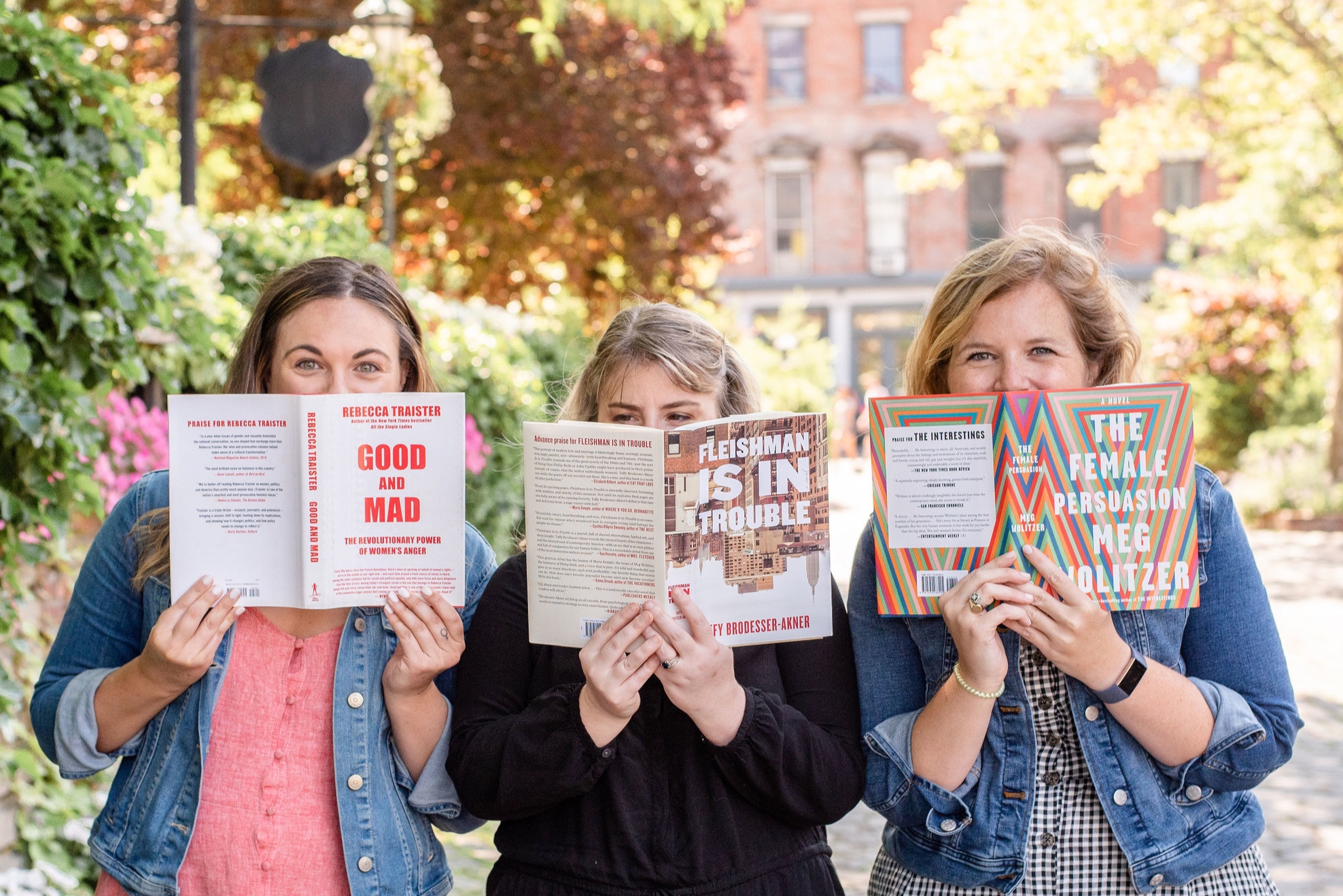Book Review: "Homegoing" by Yaa Gyasi
“Homegoing” by Yaa Gyasi
Synopsis: Ghana, eighteenth century: two half sisters are born into different villages, each unaware of the other. One will marry an Englishman and lead a life of comfort in the palatial rooms of the Cape Coast Castle. The other will be captured in a raid on her village, imprisoned in the very same castle, and sold into slavery.
Homegoing follows the parallel paths of these sisters and their descendants through eight generations: from the Gold Coast to the plantations of Mississippi, from the American Civil War to Jazz Age Harlem. Yaa Gyasi's extraordinary novel illuminates slavery's troubled legacy both for those who were taken and those who stayed--and shows how the memory of captivity has been inscribed on the soul of our nation.
Rating: 5
Trigger warnings: drug use, spousal abuse, slavery (and all associated horrors), racism
Review: I may be the last person on Earth to read this book, but in case you, like me, put it off until now: RUN (don’t walk) to start reading it. Go on, I’ll wait….
Isn’t that one of the best books you’ve ever read? So sweeping in scope, but also perfectly small enough to pack a punch? So beautifully written, where every word serves a purpose? So impeccably researched, where the reader really feels the sweep of history in such different eras and locales? Okay, okay, I’ll stop with the accolades, and I’ll get back to the review.
The book starts small: two half-sisters in Ghana at the start of the trans-Atlantic slave trade — one stays in her home village, and the other is taken by the English, imprisoned, and forcibly removed to the then-American colonies. We, the reader, then follow their descendants through modern day and across continents, until the story ends up where it began.
I am not going to break down each story line and why each of them hit hard because, honestly, I don’t want to rob you of that experience. Part of what was so wonderful about this story was going on the journey with each subsequent generation, and the unexpected places that the story went. I will say that I wasn’t sure how she was going to be able to wrap it up in a way that felt satisfying and worthy of the story’s scope, but it was tonally perfect.
One thing that I did not expect to be so forefront in the novel was the complicity that every person on the Gold Coast had in the slave trade. I knew that it was a huge watermark on British history, and then obviously in the US, but to see how much it impacted the fortunes — and misfortunes — of the Ghanaian tribes was startling to me. This is just one thing that I learned while reading this book, but it’s something that sent me down a multi-day internet rabbit hole, learning about the origins of the slave trade (something that, shockingly, wasn’t covered in my southern school classes /sarcasm). This book will challenge you, enlighten you, sadden you, and ultimately, uplift you. Have I convinced you to read it yet?
TL;DR: One of the best books I have read in ages, and I am embarrassed it took me so long to read it. A sweeping family epic, covering traditional African culture, the reality of being Black in America throughout its history, the horrors of the slave trade, and the hopes that we pass on to our future generations.
If You Liked This, Try These:
“The Underground Railroad” by Colson Whitehead (Bookshop | Kindle) - I’ve said this before, but I preferred this one to “The Nickel Boys” — a re-read and a SFOL review may be in my future?
“The Warmth of Other Suns” by Isabel Wilkerson (Bookshop | Kindle)
“Americanah” by Chimamanda Ngozi Adichie (Bookshop | Kindle)
If you click on one of the links in this article and make a purchase, She’s Full of Lit may receive a small commission. It doesn’t add anything to your price — we promise! Thanks so much for your support.



